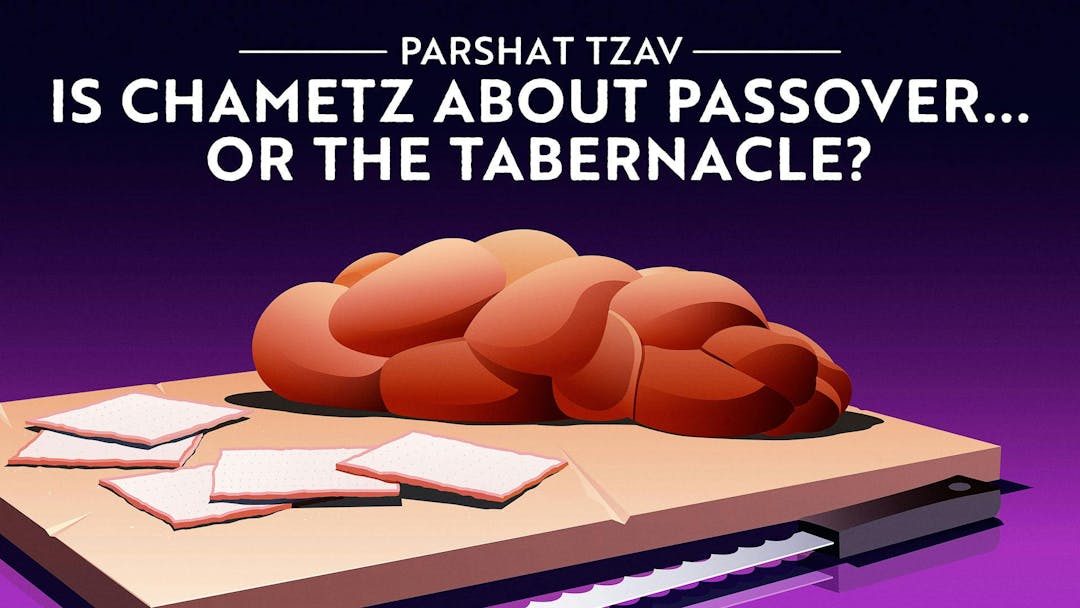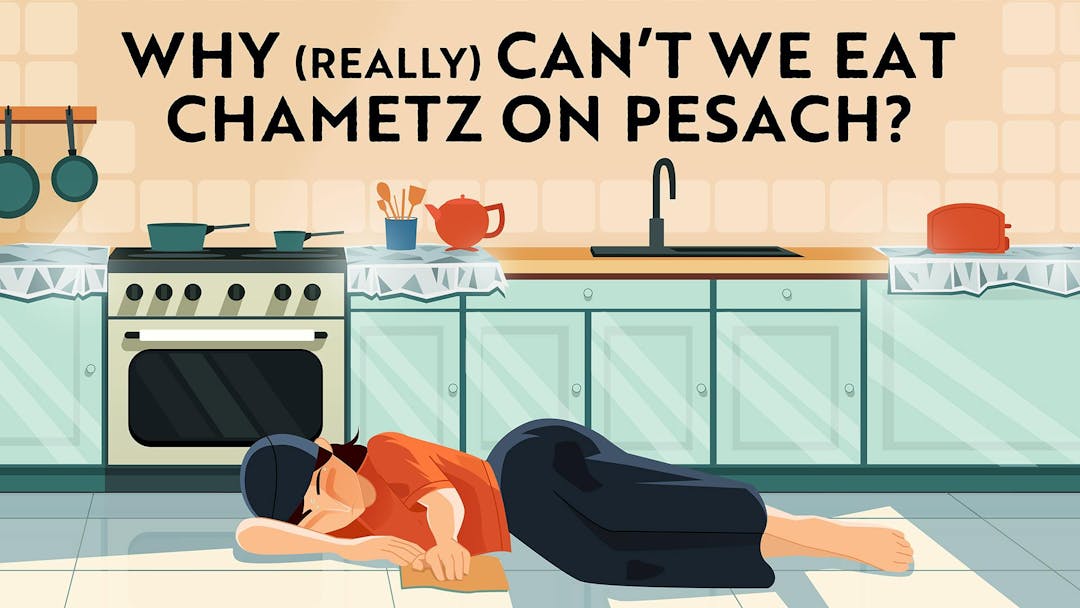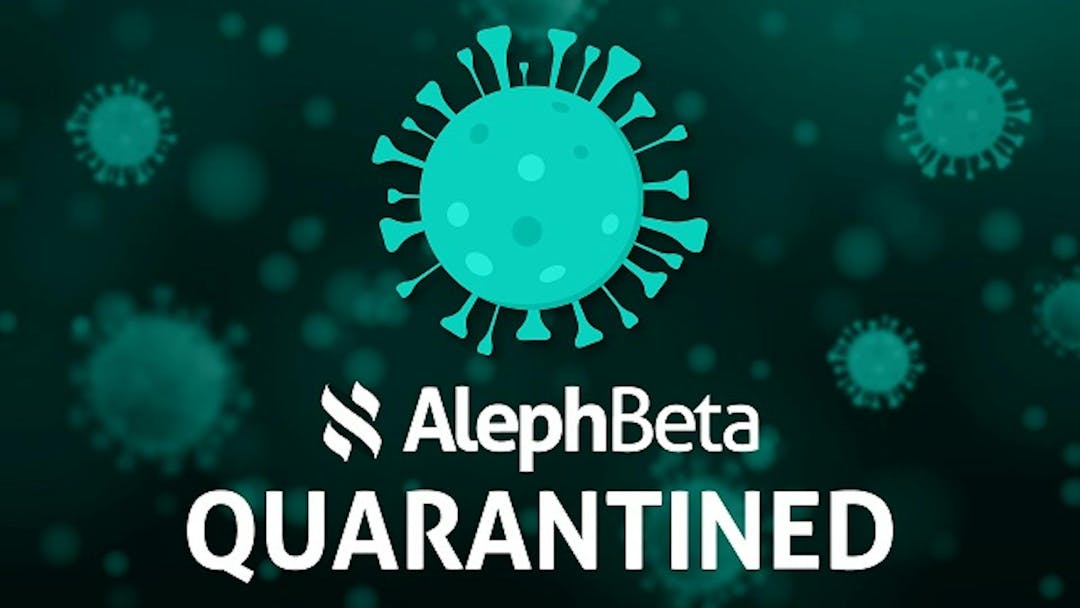Start your free trial today to unlock the full library and enjoy unlimited and uninterrupted access.
Get StartedHow Can I Confront Sacrifices?
Understanding The Meaning Of Korbanot Today
How can modern day readers understand and relate to the concept of Korbanot, animal sacrifices? Are we meant to take away a spiritual meaning from the Biblical laws of Korbanot? Or are they just doomed to obscurity, to disuse, until we again have a Temple in which we can practice them? In a modern context, without the Temple, it is hard to know how to relate to these laws, which occupy large swathes of the biblical text that we read regularly in synagogue.
Such is the case with the text of Parshat Tzav. When reading the text of this parsha, the sacrificial rituals feel antiquated and, at times, even barbaric. And yet, Korbanot (sacrifices) were a staple of Israel's service to God. How could it be possible that something in the Torah is rendered meaningless to people today? Or is there a deeper meaning in the concept of Korbanot that can be learned?
Join us as we re-examine the Korbanot, and never read Tzav the same way again. For a deeper discussion, watch Rabbi Fohrman's video on Korbanot: How Can We Relate To Sacrifices Today?
Want to watch the full video for free?
Enter your email and we’ll send you a link to watch the full series free.
What is Aleph Beta?
Aleph Beta is a unique kind of Torah library. Led by our founder, Rabbi David Fohrman, we are dedicated to high-level, textual Torah learning for adults that is intellectually and spiritually sophisticated, that enlivens your Jewish practice and helps you forge a deeper connection to God. Whether you’ve been learning in yeshiva for years or you’re just beginning your Torah journey, you’re sure to find something meaningful and surprising waiting for you here.
Browse our library of over 1,000 beautifully produced animated videos, podcasts, deep dive courses, and printable guides. Topics include the weekly parsha, Jewish holidays & fast days, laws & mitzvot, prayers, relationships, big philosophical ideas and more. Have something to say at the Shabbos table that will amaze your family and guests and bring deep meaning into their lives.











